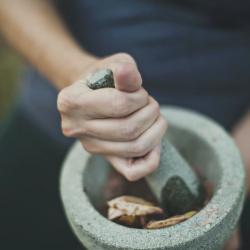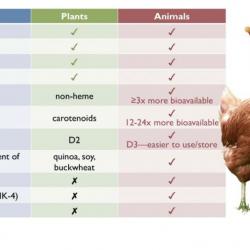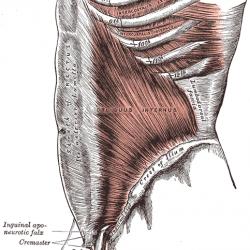Tips for Creating a Supportive Community in Recovery
As one travels through the complex process of overcoming addiction, one solid factor always shines like a beacon of hope and resilience – a supportive community in recovery.
This community can be likened to a life-saving ship offering understanding, encouragement, and vital companionship during those challenging moments.
Keep reading for more on the importance of peer support in recovery and how to find and build a strong network for yourself!
The Power of Community Support
The power of community support regarding addiction recovery cannot be overstated. Addiction often leads to isolation, shame, and low self-esteem.
These can make it hard to reach out for help or ask loved ones for assistance.
Nevertheless, being involved in a supportive community offers an individual a feeling of belongingness, acceptance, and comprehension, which is essential as he or she recovers from drug abuse.
Overcoming Isolation: The Power of Support in Addiction Recovery
Isolation poses a significant challenge for individuals seeking recovery from addiction.
Those struggling with addiction often experience feelings of isolation due to the stigma associated with it. They may also isolate themselves from guilt, shame, or fear of judgment.
However, having a supportive community can make a world of difference.
Being surrounded by understanding and empathetic individuals helps combat the overwhelming sense of isolation and shame.
Loneliness and Isolation: Impact on Substance Use Relapse
People who experience emotions of loneliness or isolation face a greater risk of relapse into substance use.
Conversely, cultivating and leveraging supportive networks can significantly improve treatment outcomes, reduce relapse rates, and foster long-term recovery.
Effective Strategies for Creating a Supportive Community in Recovery
With that said, let us look at ways to create effective strategies for creating a supportive community in recovery.
- Seek Professional Help: Therapists, counselors, and addiction specialists are beneficial during this period. They also provide you with resources such as communities that offer supportive programs.
- Join Community Activities: Involvement in local events, volunteering, or club membership will enable you to have some people outside the circle of people with an addiction who are there to support you.
- Utilize Online Resources: Find online forums and social media groups dedicated to addiction recovery to support you at any time.
- Practice Self-Care: Regular fitness activities, enough sleep, a balanced diet, and mindfulness exercises can enhance your mental health, enabling you to connect better with others.
- Seek Mutual Support: Assisting others on their path to a drug-free life will also strengthen yours. This way of mutual support facilitates strong relationships within a community.
- Keep Regular Contact: Relationship nurturing needs consistency. Staying in touch with supportive community members makes you feel more attached and less lonely.
- Be Open and Honest: Sharing about your challenges and triumphs encourages other individuals to do the same, creating an environment of support where everyone is understood and accepted.
Examples of Peer Support in Recovery
Group Therapy Sessions
In group therapy sessions, individuals recovering from addiction can gather together to share their backgrounds and show support to one another in a safe and non-judgmental environment.
12-Step Programs
12-step programs such as Alcoholics Anonymous (AA) and Narcotics Anonymous (NA) are good examples of peer support during recovery.
These programs allow people to share their problems with others who have been through similar situations in a structured and supportive setting.
Sober Living Communities
Sober living communities provide individuals in recovery with a supportive residential setting where they can connect with other people on the same journey.
Such communities will often include peer support meetings, group activities, and mechanisms for maintaining sobriety.
Sponsorship Programs
Sponsorship programs enable those in recovery to link up with a more experienced member who can serve as a counselor and guide.
This individualized care can significantly help one through the difficulties of recovering.
Ava Recovery: Establishing Recovery Communities in Austin
Constructing recovery communities is not just good; it is necessary.
It takes hard work, sincerity, and consistency, with the potential rewards being better treatment outcomes, lower relapse rates, and greater chances of sustained recovery.
Contact our drug rehab in Austin for comprehensive addiction care, including dual diagnosis and Texas addiction treatment services.
Remember that building a supportive community in recovery is not an end but a journey. Each step toward creating this community brings you closer to a successful recovery process.
More to Read:
Previous Posts:







